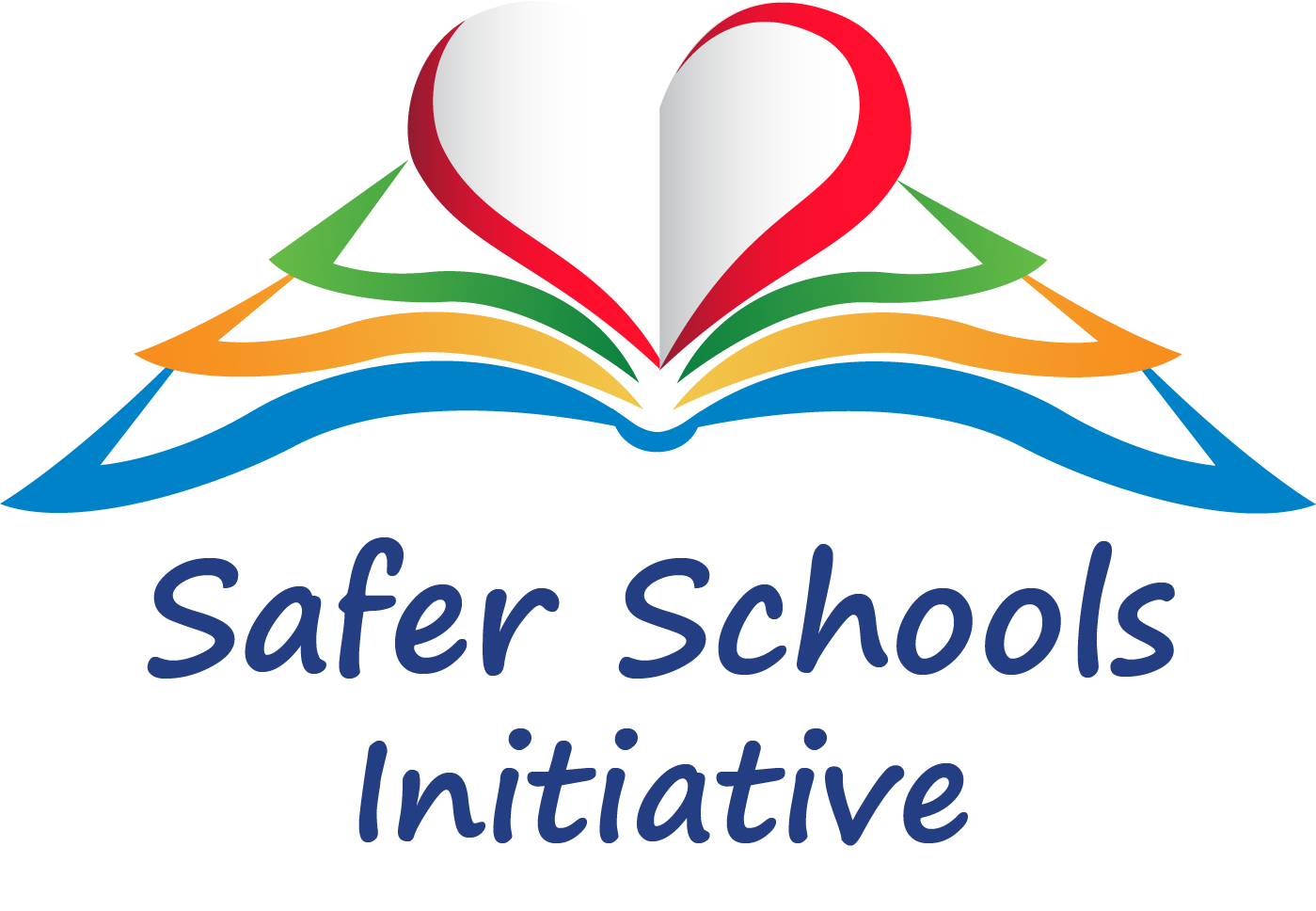Press Release
Confluence PSG & PEBC Launch School Safety Initiative; Policy & Education Organizations to Convene Statewide Stakeholder Group
DENVER-In response to an outpouring of interest and calls for collaboration, Confluence Policy & Strategy Group (Confluence PSG) and the Public Education & Business Coalition (PEBC) are launching the Colorado Safer Schools Initiative (CSSI). The stakeholder coalition and research initiative will bring together system leaders, educators, students, parents, government officials, mental and behavioral health experts, law enforcement, security experts, counselors, community leaders, communications experts and other stakeholders to discuss a broad range of issues affecting school safety and climate.
CSSI is expected to be a multi-year initiative that will provide added capacity and perspectives to work already underway at the state level and to support state and local leaders across a wide spectrum of efforts that relate to student and educator wellbeing. The conveners will develop recommendations for system level changes at the state and local levels and provide technical support to local leaders adopting and implementing best practices that can be adapted to meet each community’s local context.
“Our entire staff has been shaken by the continuing wave of violence in our schools and PEBC simply could not sit on the sidelines any longer,” said PEBC President and CEO, Sue Sava. “I’ve been fielding non-stop calls from teachers, superintendents and families who want to be part of the solution, which can only come from tackling a much more complex problem in a holistic and comprehensive manner. Because of our long and successful partnership with Berrick and his team at PSG Confluence, we feel empowered in our collaborative ability to bring together stakeholders with incredible expertise and diverse perspectives.”
CSSI will be led by a steering committee of community and system leaders, educators and experts from across the state who will shape the work of the group in coordination with other efforts underway to minimize duplication of efforts and maximize the collective impact. CSSI expects to explore research, engage experts and facilitate conversations on a broad range of issues from school culture, discipline and early intervention to deterrence efforts. The convening will explore the impact of community violence outside of schools on school safety, threat identification, and the role of School Resource Officers and others in responding to school based incidents as well as the role of other factors in the local community and the role of the press, including social media.
“We have a moral imperative to act with urgency to protect our students and educators. As system leaders work with our partners in government and local communities, there is an equally urgent need to create a big table for all perspectives to be heard and to contribute to change,” said Denver Public Schools Superintendent, Alex Marrero. “Securing a building can take place through short-term actions. Securing the long-term safety and wellbeing of educators and students requires a comprehensive approach and an openness to every idea or perspective.”
CSSI will make extensive use of facilitated large group conversations, breakout sessions and small group deep dives, the sharing of research and learning from the experiences of participants and other stakeholders as well as local and national subject matter experts. At each stage of CSSI’s work, the project will focus on actionable recommendations for local and state leaders and on specific system level changes that will improve school safety and climate for students and educators.
“Schools are where our community comes together but this means it is also where we experience all of the opportunities and challenges of our community. When violence in the community spills into schools we need the courage to address the factors behind the violence,” said former Aurora Public Schools Superintendent, Rico Munn. “The holistic conversations to address this have to be led by professionals who are credible conveners in the field, who will push the tough conversations, be neutral facilitators of the discussion and keep a laser like focus on actionable outcomes. Sue, Berrick and their teams are exactly the right people to take on this monumental and critical task.”
Confluence PSG President Berrick Abramson is a nationally respected policy thought leader, facilitator and strategist who has worked on school violence issues at the state and local level nationally. His team is currently supporting and facilitating the state’s School Safety Working Group which is examining the work of multiple state agencies and programs including the effectiveness and transparency of, and collaboration across, programs and agencies.
“It’s time. It’s way past time! This is a cultural problem that can’t be solely legislated to fix. It also can’t be solely a change of our culture or solely a focus on social and mental health to be deemed fixed. It’s time to look deeply and deal with all of the factors that make up the real problems of school violence in the U.S.A. and fix them,” said Frank Reeves, retired Superintendent of East Grand School District. “As an administrator for the past 17 years, my everyday started with a plan for our students’ safety against violence. This convening of so many different perspectives can provide a roadmap that will allow administrators, teachers, staff and parents an opportunity to go to work everyday thinking about how to best educate our kids.”
Sava and Abramson have a long and successful track record of partnering to tackle significant policy issues and areas of practice in education. Most recently, they partnered to form the Colorado Early Childhood Education Workforce Coalition which built on the success of their work together leading the Education System Resilience & Innovation Initiative during the COVID-19 pandemic. The initiative explored lessons being learned about instructional delivery, the educator workforce and mental health supports for educators and students during the pandemic.
“There is some strong work that will have important outcomes being done by state leaders across Colorado. The formation of CSSI is to allow even more people to contribute to an incredibly complex issue with dozens of contributing factors and to share that work with state and local leaders,” said Abramson. “Our team is thrilled to be partnering with PEBC who offers such an incredible understanding of the educator community and family experience.”
The CSSI steering committee is currently being finalized and that group will solicit stakeholder input on the full scope of inquiry for the initiative and for membership. Those interested in serving on the working group, nominating others or in presenting to the group should contact Sue Sava or Berrick Abramson.
About Confluence PSG: Confluence PSG partners with government and private sector leaders to support policy and system change. Drawing on expertise in the public and private sectors, Confluence helps identify the specific issue and mechanism of change, scope of action needed, associated challenges and the affected or involved stakeholders. Confluence teams work with clients to design and manage comprehensive collaborative processes to develop solutions with maximum buy-in and high likelihood for success. The Center for Education and Workforce Policy at PSG is working at the forefront of efforts to expand access to quality education, improve student outcomes, reimagine how instruction is delivered, align post-secondary and job-training opportunities with tomorrow’s workforce needs and plan for the challenges of an evolving global economy. Learn more at www.confluencepsg.com and www.centerforedpolicy.org
About PEBC: PEBC strives to create schools and systems worthy of our children. Forged in Denver nearly four decades ago, PEBC represents a convergence of stakeholders keen to uplift learning opportunities for each and every student. Today, PEBC collaborates with teachers, schools and districts nationwide catalyzing high quality instruction. PEBC’s origins date back to 1983 and the release of the Nation at Risk report by The National Commission on Excellence in Education. The Commission believed that the public education system was failing to meet the national need for a competitive workforce. With funding from the Ford Foundation, several communities created local education funds to concentrate efforts on quality teaching initiatives. Learn more at www.pebc.org

